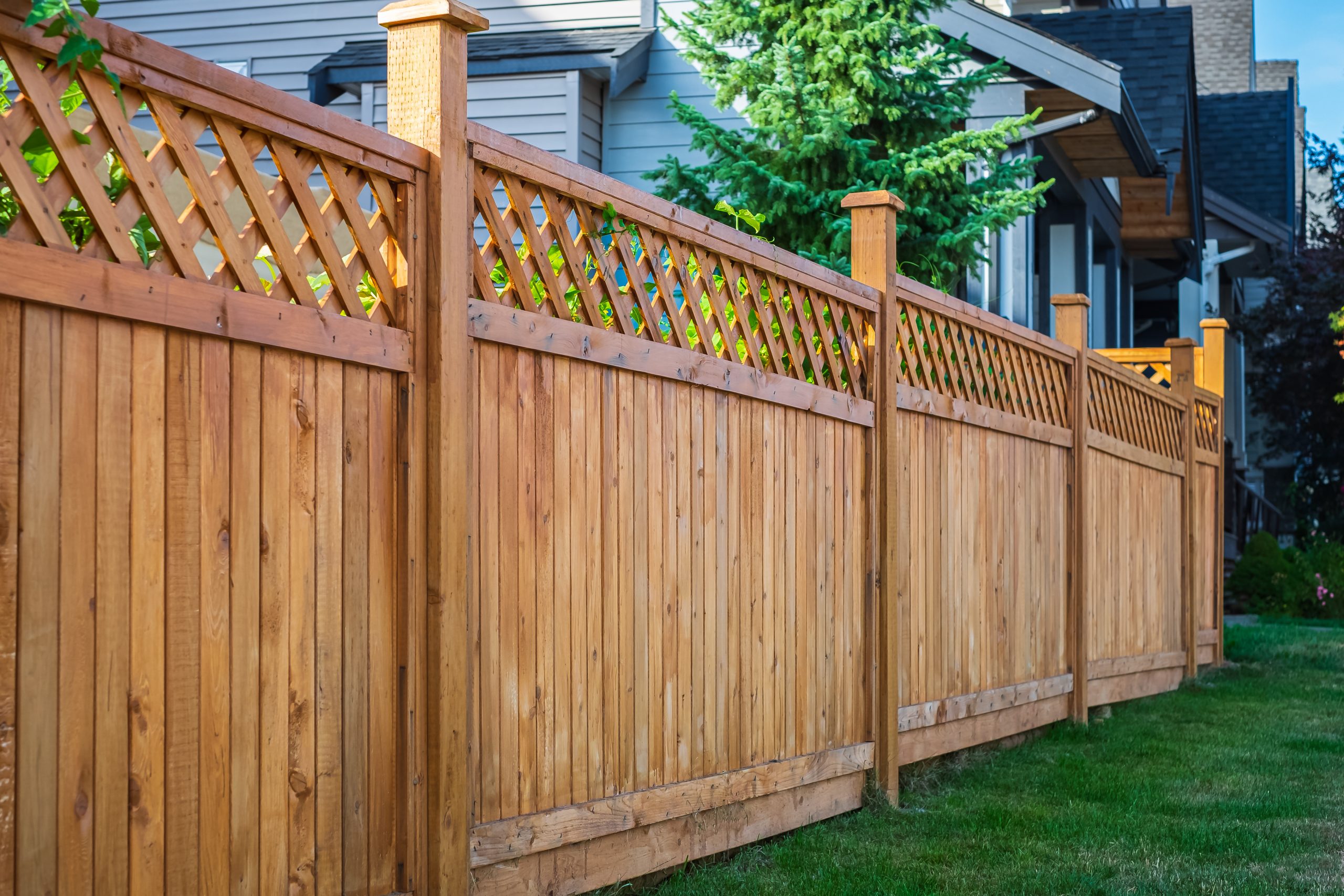Do Homeowners Need Permits to Build Fences?
Fences provide you with a way to clearly mark the property line around your house. A well-made fence can also add curb appeal to your home, and you’ll enjoy being able to let pets and children play outside with clearly defined boundaries. Knowing about the laws and regulations that govern fences in your neighborhood helps you be a good neighbor and avoid potential fines.
Avoid a Permit by Choosing the Right Height
In San Diego, you don’t need a permit for a residential fence provided you choose one that’s no taller than six feet and complies with the County Zoning Ordinance. In most neighborhoods, a six-foot fence is all you need to meet most goals. For instance, this height is perfectly suitable for keeping most dogs in the yard. You’ll also find the average fence of this height prevents people from trespassing on your property.
Check Your HOA Requirements
Although you may not need a permit for the average-sized fence for residential homes, you may still need to comply with other rules and regulations. HOAs sometimes require fences on the front of the house to be a specific height. For instance, if you want to install an iron gate, Santee HOAs may have rules that require your front gate and fence line to be no taller than four feet. Usually, HOA guidelines allow for taller fencing on the back and sides of a yard. When you check your community’s standards, you’ll also want to find out if they require a specific fence style. Some HOAs require split rail or other types of open fences that match the others in the area.
Understand the Hazards of Digging
Installing a fence typically involves digging to place posts in the ground that support the panels. While most gas and electrical lines are kept away from the typical fence lines around residential houses, it’s critical to be certain the space is clear before you dig. An experienced fence installer knows how to check if there are any power lines beneath the ground to prevent creating a hazardous situation. While most residential homes won’t need a permit for digging new posts, there are some times when it might be necessary to secure your local authority’s approval.
Communicate with Your Neighbors
At the end of the day, good fences genuinely do make for better neighbors. Although your neighbors might not issue permits, you do need their permission to install a new fence when you share a property line. In California, the Good Neighbor Fence Act outlines how and when you need to inform neighbors about your plans to build or replace fencing. This involves giving your neighbors 30 days’ notice of changes you plan to make to your shared fence. The agreement should also outline how you plan to share the costs. Giving your neighbors a clearly defined notice with as much detail as possible increases the likelihood they’ll agree to your request and be happy with the final results.
Fred’s Fencing has been providing Santee with top-quality fencing since 1984. With over 50 years of experience, we offer a wide selection of wood, chain link, and iron fences Santee residents can rely on to enhance the style and security of residential, commercial, and industrial properties. We specialize in manufacturing decorative fences and gates for various purposes, such as pool, backyard, and dog fencing. To learn more about our high-quality craftsmanship, contact us today.






